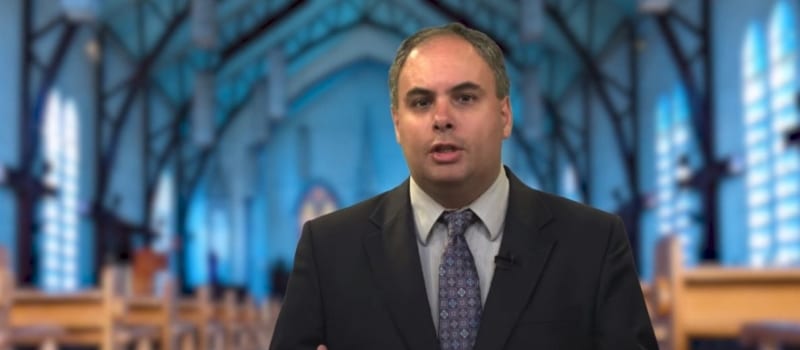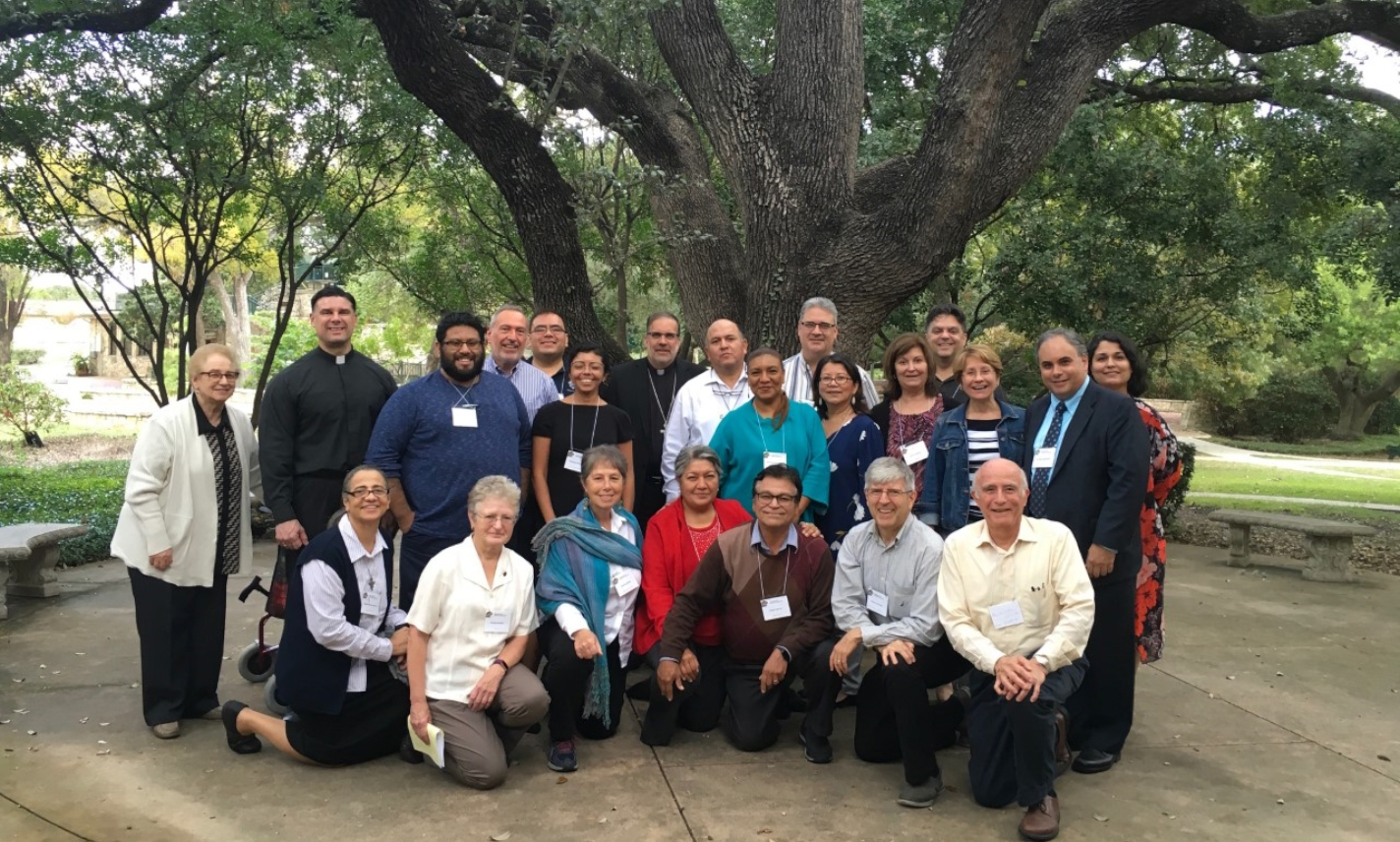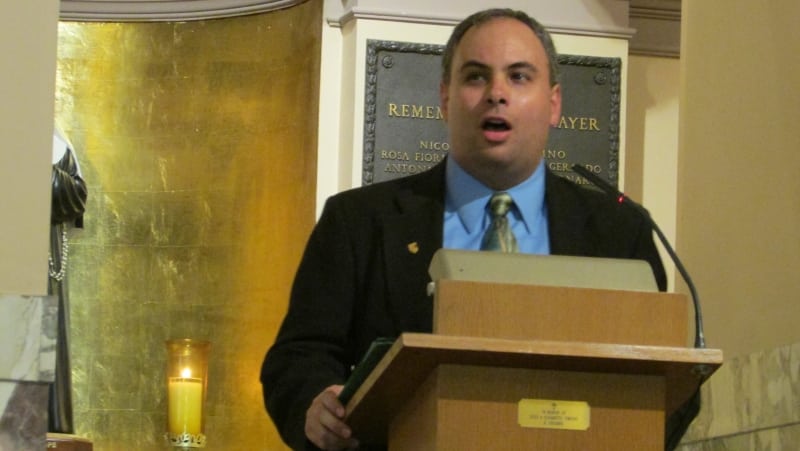Saturday of the Twelfth Week in Ordinary Time – Year 2 | June 27, 2020
The first reading is from a not well-known book of the Jewish Scriptures – or the Old Testament – the book of Lamentations.
The scripture scholar Michael Guinan, OFM, writes in The Jerome Biblical Commentary that this book of poetry that is considered part of the Wisdom Literature of the Old Testament is
“…not simply petition; it is rather a spontaneous response to the presence of chaos, brokenness, suffering and death…. When we hurt physically we cry out in pain. When we hurt spiritually, we lament. God is addressed with heartfelt questions: “Why?” – as in “I don’t understand,” or “How long?” – as in “I’m at my limit; what happens next?” The afflictions are described in ways everyone can understand: sickness, loneliness, shame, mistreatment by others, the danger of death.”
Does this sound familiar to us? Does this resonate with our experience as a nation and as a global community right now? It seems hard to escape the fact that the God is speaking directly to our experience, right here, right now.
The theology of the Book of Lamentations was designed to help the people of Israel come to terms with the social trauma caused by the destruction of Jerusalem and the Temple of God by the Babylonians, and the forced exile of many of them to Babylon in 587 B.C. It names Israel’s infidelity to God and its violation of the covenant as the cause of the chaos. That was the covenant made with Moses – the 10 Commandments and God’s call to live as a covenant people, recognizing the God who saved them from destruction in Egypt and who called on them to live as a society that saved others from destruction, especially the poor and marginalized.
The poetry of Lamentations is saying to the Israelites: We are suffering because we forgot how important it was to make sure that our worship of God was not just lip service, but rather how we need to be more like the God who freed us from slavery in Egypt, generously gave us hope – and food and water – in the desert, led us into a land where we could live peaceably and with abundance. Living life as God wants is part of the act of worship.
Instead, the Israelities chose to often do the opposite. The reading even says that God sent prophets to call the people back but the kings ignored them, or worse – sought to eliminate them.
In spite of it all, though, lamentations are still prayers to God – petitions – pouring out suffering and asking God for mercy. And those petitions are not just empty cries – they are full of faith that even though the people have not been faithful, God is faithful to them. And God will act to rescue them.
Part of God’s “rescue plan” is the process of the people coming to terms spiritually with what they have lost, and to focus their priorities where God wants them to be.
The Gospel demonstrates God’s rescue plan being put into action, and the faithful presence of God in Jesus himself, who finds faith in the unlikeliest of places – in the life of a non-Jewish Roman centurion, the hated enemy of the Israelites in Jesus’ own time.
The centurion’s faith is so striking, so unexpected, and yet so genuine, that a version of the words he speaks to Jesus are found in the celebration of the Eucharist before we participate in communion: “Lord, I am not worthy that you should enter under my roof; but only say the word and my soul shall be healed.” We should remember that centurion’s faith every time we speak those words!
Jesus responds to that centurion’s faith – to the centurion’s awareness of his failings and his humble petition to act – and reminds many who think they have faith, that they should learn from this foreigner’s example.
Let’s pray that together we can be courageous people before God, pouring out our grief in trust that Christ can receive it fully – and having faith in God’s response of mercy – and then acting on God’s invitation to become the true people of integrity, justice, and care who God longs for us to be.
God give you peace!
+ + +
As Director of Certification for Ecclesial Ministry and Service at the United States Conference of Catholic Bishops (USCCB), I have the opportunity to record video reflections on the readings of the Scriptures proclaimed at daily Mass. I do so as part of larger group of colleagues at the Conference, along with lay and ordained leaders from around the country. I am grateful for the opportunity to reflect on the meaning of the readings for the life of faith today and to share them here, along with the written text of the reflections. To view these video reflections for past and upcoming celebrations of the Eucharist, visit the USCCB website.



 Request Dr. DelMonico's professional services for a liturgical, ministerial or leadership consultation, or for an academic or public presentation.
Request Dr. DelMonico's professional services for a liturgical, ministerial or leadership consultation, or for an academic or public presentation.